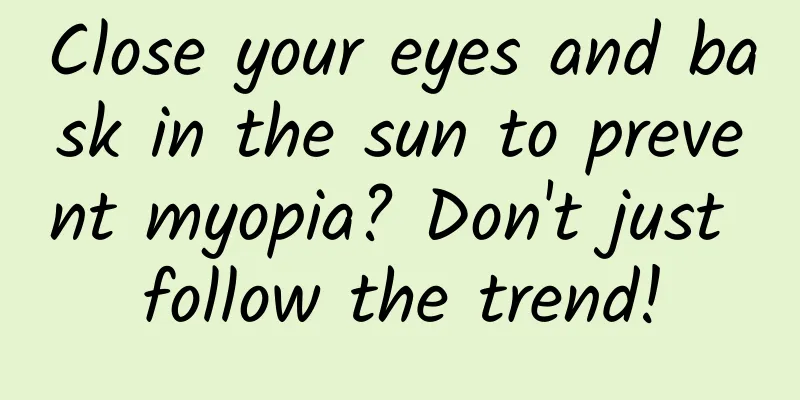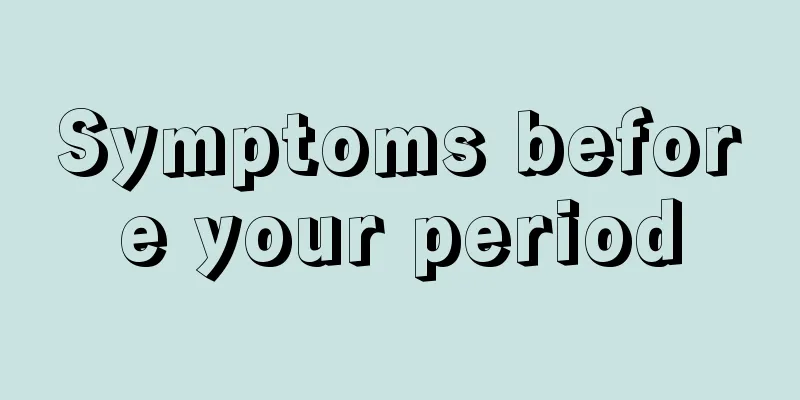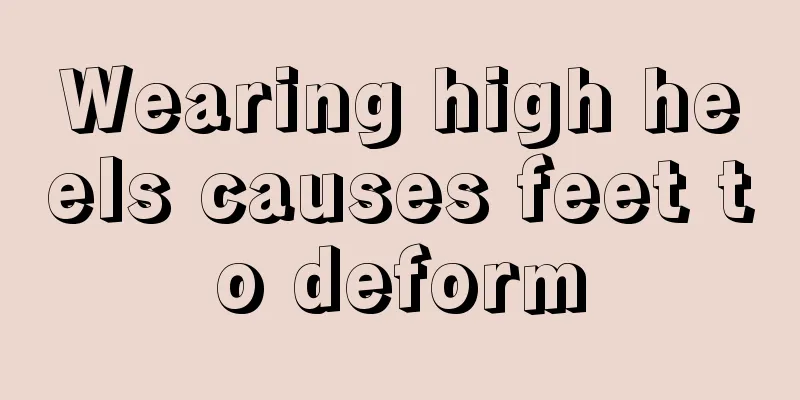Close your eyes and bask in the sun to prevent myopia? Don't just follow the trend!

|
A video has been circulating recently in which a doctor talks about how children can prevent myopia and mentions that they can close their eyes and expose their eyelids to the sun for 10 minutes. "Sunbathing" refers to being exposed to sunlight outdoors, with the goal of increasing the eyes' exposure to natural light, which can have a beneficial effect on vision. Natural light in the sun (especially high light intensity) can stimulate the secretion of retinal dopamine, inhibit excessive growth of the eye axis, and slow the progression of myopia. Studies have shown that daily exposure to light ≥1000 lux is effective in slowing down myopia. Outdoor activities can also give the eyes a rest and reduce the time spent using the eyes at close range. Some studies have shown that children and adolescents who spend more time outdoors have a lower incidence of myopia, but this does not mean that "sunbathing" directly leads to the prevention of myopia. Although there is a certain scientific basis for sunbathing with eyes closed, its effect is affected by many factors. For example, the intensity of light, the duration of light exposure, and the intensity of ultraviolet rays in different seasons and weather are also different. The time and intensity of sunbathing need to be appropriate. The ultraviolet rays in the midday sun are too strong and may cause damage to the eyes and skin. It is recommended to do it in the early morning or evening. At the same time, the basic eye conditions and responses to light vary among different populations. Children and adolescents are in the stage of eye development, so proper sun exposure is more effective in preventing myopia, while the eyes of adults are basically mature and the effect is relatively weak. The skin of the eyelids is very thin and delicate. Prolonged exposure to the sun can not only easily cause sunburn, but also easily lead to conjunctivitis, corneal damage, palpebral fissures, pterygium, etc. The light may even penetrate the eyelids and cause lens opacity, leading to eye diseases such as cataracts. What's more serious is that even short-term strong light stimulation may penetrate the eyeball directly to the fundus, causing burns to the retina choroid, especially the macula, which will leave irreversible visual function damage. Therefore, you must pay attention to the time and method of "sunning your eyes" and don't follow the trend rashly. |
<<: Melatonin: Born in the night, the correct way to use it is like this
>>: I got the flu vaccine last year, so I don’t need it this year?
Recommend
Can fried chicken wings be coated with flour? How to fry chicken wings so that the bread crumbs do not fall off
Fried chicken wings are a delicacy made with chic...
World Glaucoma Week is here! Learn about glaucoma in 3 minutes: Early detection and early treatment are important
As the world's leading irreversible blinding ...
What to do if you have lower abdominal pain during menstruation
We often hear the words "irregular menstruat...
Super detailed! All the frequently asked questions of tuberculosis patients are answered here
I have summarized the questions I have heard from...
For a woman to change her bust size from A to C, she can do it with food supplements without medication or surgery!
Breasts are very important to women. Having a fir...
Osteoporosis prevention and treatment guide: If you don’t want to be “haunted” by osteoporosis when you are old, it is recommended to read this guide
Hello everyone, October 20th of every year is Wor...
Can I apply seaweed mask every day? The correct answer is this
I believe many people like seaweed masks. This ki...
How to treat non-gonococcal vaginitis
Recently I felt that my private parts were very i...
What to do with lumps after weaning
Whether during pregnancy or breastfeeding, women ...
Is it normal to have a low-grade fever during early pregnancy?
For friends who experience a low-grade fever in e...
Brown discharge after period
Women's physical health issues have become a ...
Will emergency contraceptive pills delay your period?
There are not many women with regular menstrual c...
How many months is it best for pregnant women to take calcium tablets?
Pregnant women need to take additional iron suppl...
Does Baofukang suppository treat HPV?
After contracting the HPV virus, some patients wa...
Is there any harm in repairing the membrane?
Hymenoplasty is a surgery that many women who hav...









